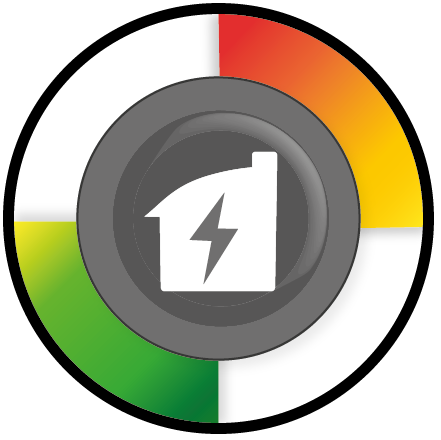
 0
0


European Commission – Innovation and Networks Executive Agency (INEA)
€ 2 787 200
November 2017 – April 2021
Albert Hoffrichter
Utilities are facing political pressure to reduce the energy end use by their customers and GHG emissions. Consumers, on the other hand, are empowered by the proliferation of IT interfaces and multiplication of channels. Their expectations for everything-anytime-anywhere interaction are redefining the nature of (energy) services. The advent of smart building technologies for energy efficiency reveal a mega-trend on the evolution of consumer choices and highlight the need for addressing their requirements for user-friendly, meaningful and actionable communication. Faced with these realities, business as usual is no longer an option for energy utilities. They must seek new sources of revenues by introducing bundled building energy management service packages including energy efficiency, smart controls and automation.
The UtilitEE project provided a customer-oriented Behavioural Change Framework (Energy-as-a-Service delivery approach via an open ICT ecosystem integrated into the building with off-the-shelf sensors). It focused on discovering, quantifying and revealing energy-hungry activities and conveys meaningful feedback to engage users into a continuous process of learning and improvement. UtilitEE leveraged well-known behavioural models/ theories and standardised operational rating/ certification methods. It also incorporated human-centric intelligent control features that use occupant comfort profiles and supportively control HVAC and lights so as to minimise energy waste, while always keeping occupants comfortable and preserving a healthy indoor environment. The framework was validated in real-life conditions by a large population of residential and commercial consumers and aims to reduce energy use by ~30%. Validation activities also explored future business models and go-to-market strategies for utilities. UtilitEE delivered a holistic roadmap and business plan for the exploitation and replication of project results.
VaasaETT were work package leaders for network and community management (communication and dissemination), task leaders for the design and implementation of the project stakeholder engagement strategy, as and contributors to the ICT Solutions for Energy Poverty Assessment and Reduction WP including user experience surveys, and ICT knowledge base structure.
The project video introduces the challenge the project is addressing and unravels project methodologies. It can be found here:
The UtilitEE final handbook aims to transmit knowledge and results to its stakeholders. The publication presents the UtilitEE behavioural change framework, the overarching idea of the UtilitEE project concept, presents the UtilitEE business models, field activities and results in all 5 pilot areas, and puts forward key considerations and recommendations to facilitate EU utilities and energy retailers to transition to innovative Energy-as-a-Service business strategies, and customers to become more conscious about their energy consumption patterns towards more sustainable behaviours.
It can be accessed here:

This project has received funding from the European Union’s Horizon 2020 research and innovation programme under grant agreement No. 768600.

